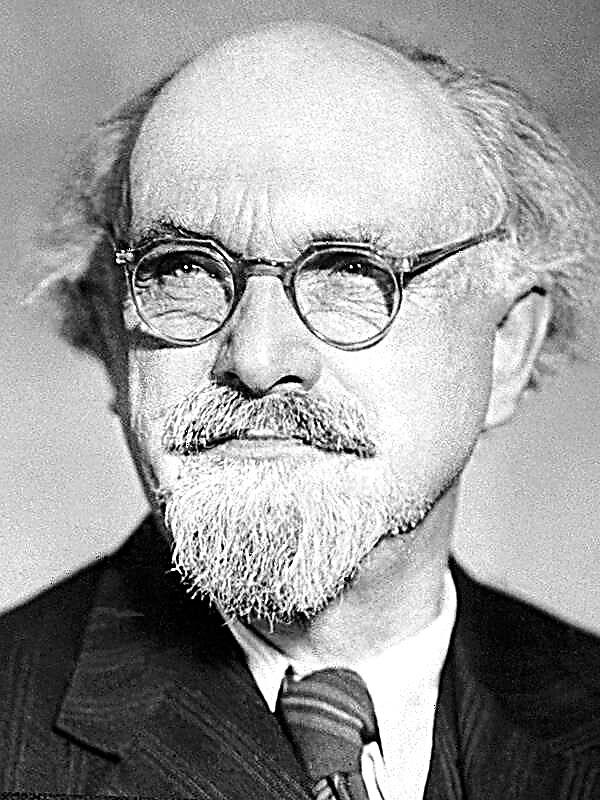: A man loses galosha in a tram, which falls into the camera for lost things. To get the thing back, he spends several days and during this time loses the second galosh.
The narration is in the first person.
The narrator lost a galosh in the tram - it is clear that “some Arkharist” stepped on his heel, and the galosh flew off his boot. After work, he decided to start the search and the first thing he did was to consult a familiar car driver. He said that in the tram depot there is a camera for lost things, which probably also got a galosh.
The next day, a hopeful story-teller went to this cell and declared that he had lost the galoshes of the “twelfth issue”. He was told that they had such galoshes, "maybe twelve thousand." The narrator recalled that his back was frayed at his galoshes, the bike inside was worn out, the toe barely held, and the heel almost worn off.
When they found a galosh according to these signs, the narrator was directly touched.
Here, I think, the device works well. And what, I think, ideological people — how much trouble they took upon themselves because of one galosh.
Galosha, however, was not given to him, since he did not have a certificate that the thing was really lost. For help, the storyteller was sent to the house.
The next day, the storyteller came to the chairman of the house for information, but he forced him to write a statement,confirming that the galosh was lost. A day later, having received a certificate, the storyteller again went to the cell "and without any hassle, without red tape" he received his galosh.
Putting it on her foot, the narrator felt even more tender - in some backward country they would simply throw a galosha, but they would return it to us, and not a week would have passed. One thing is annoying - the storyteller wrapped a second galosh in a newspaper and carried it all the time under his arm, so she was lost, and even not in the tram, so it was useless to look for her.
The storyteller put the happily found galosh on the chest of drawers. When he looked at her, the storyteller’s soul became “easy and harmless,” and he emphatically recalled how well our administrative apparatus works.

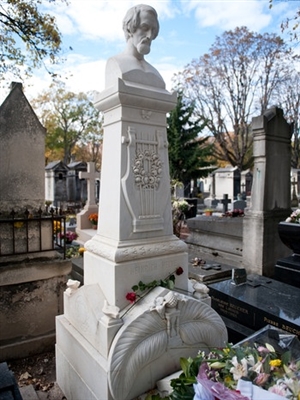

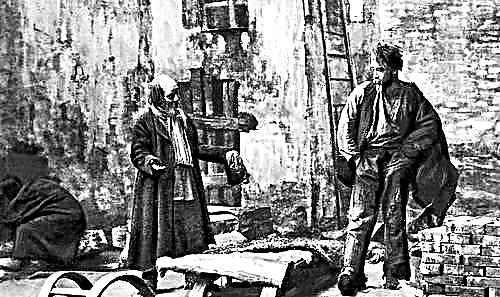
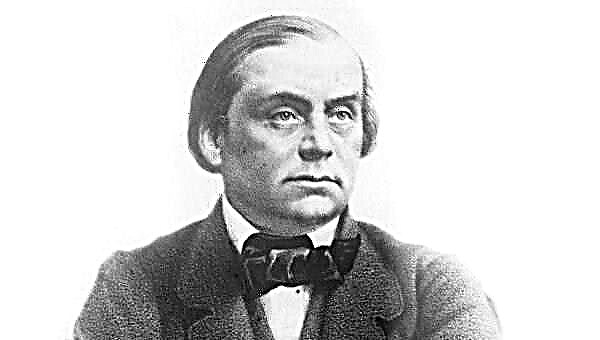

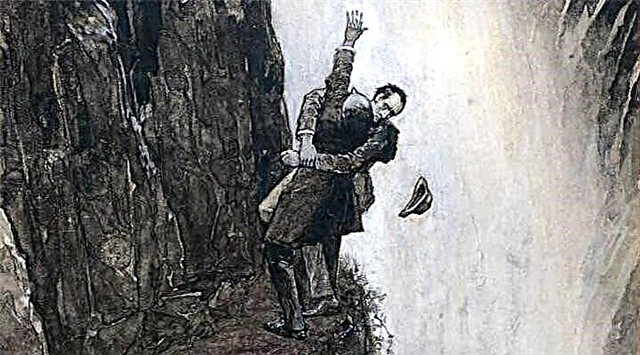

 Russian Zhilblaz
Russian Zhilblaz

